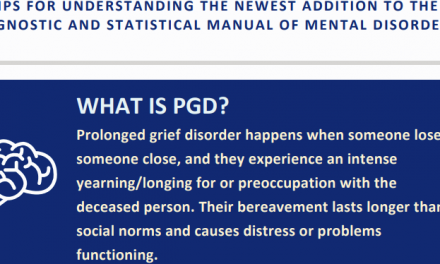One term that comes up often in discussions of counseling is empathy. Most of us define it along these lines:
…the feeling that you understand and share another person’s experiences and emotions; the ability to share someone else’s feelings”. (Merriam-Webster online dictionary).
Or to expand further: “…the action of understanding, being aware of, being sensitive to, and vicariously experiencing the feelings, thoughts, and experience of another…”
People in recovery often refer to themselves as having an enhanced capacity for empathy with those in treatment, based on their shared experience of addiction.
But when psychologists use the term, it can have quite a different meaning.
Here’s a quote I came across from an interview with William Miller PhD, a principal developer of the approach known as Motivational Interviewing:
“Let me say what I mean by ’empathy’. I don’t mean a personality trait. I don’t mean having had similar experience….What I mean by empathy is the therapeutic skill described by Carl Rogers, the ability to listen well to people, understand what they mean, and reflect it back to them in a way that helps them keep exploring.” (from a 2012 interview with William White).
Clearly, this is something quite apart from the conventional definition. Not so much ‘I share your pain’ as ‘I want to show you I understand what you mean’– a variation on what therapists call reflective listening.
Here’s how that works: During the session, the therapist is an active participant in the dialogue, and takes pains to demonstrate that he/she understands the patient’s viewpoint. It’s not a sign the therapist agrees with the patient, only that he or she ‘gets’ it. The assumption is that this practice will encourage further disclosure of important issues and feelings. The therapist may summarize, but is careful not to judge.
This is more challenging than it sounds, and requires training and supervision. The natural inclination of many therapists is to evaluate, react to, or otherwise make judgments about what the patient is telling them. But that can interrupt the process and deter further disclosure.
“It [empathy] is the opposite of an expert model, that ‘I’m going to fix you’,” Miller continues. “It is a respectful, hopeful, engaged kind of listening that brings out the best in people.”
It’s a definition that’s particular to therapy, even a specific school of therapy, and not necessarily for use in other contexts.












